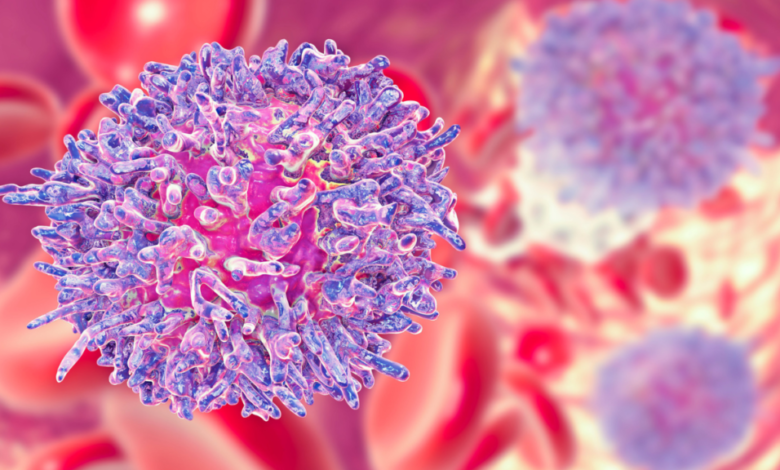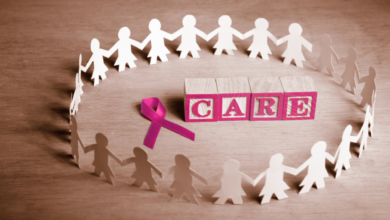200+ Queries
What is the role of clinical trials in cancer treatment?

Clinical trials offer patients access to new treatments that may not be available yet. Participating in a clinical trial can help advance cancer research and potentially improve treatment outcomes.





